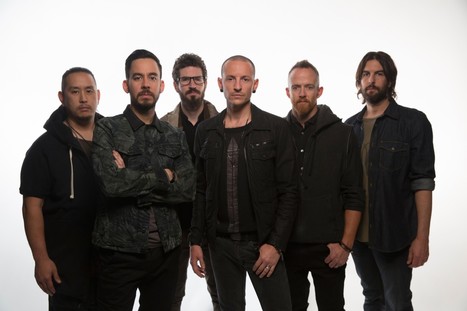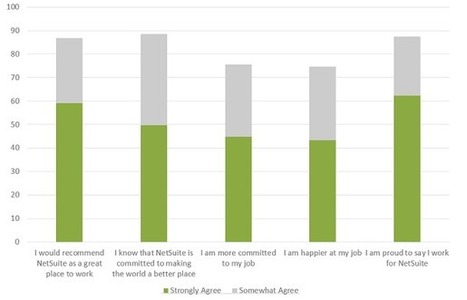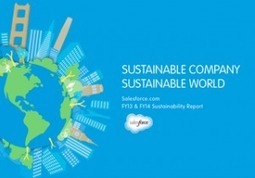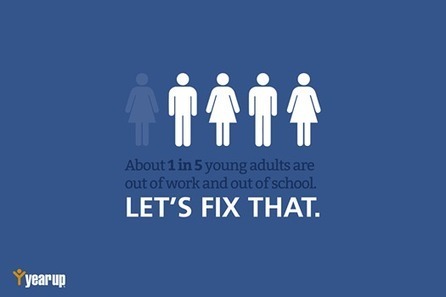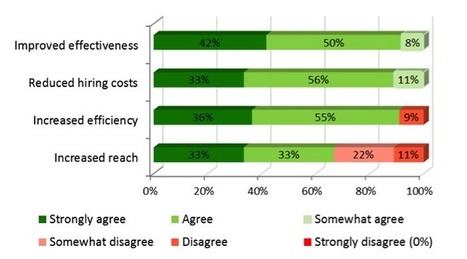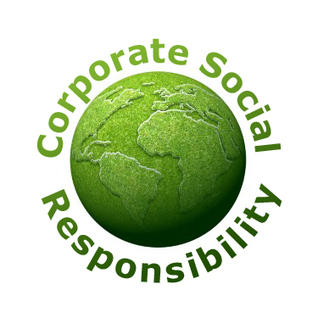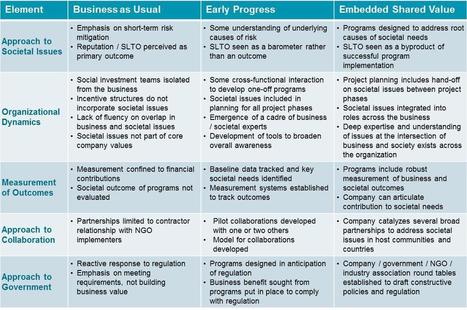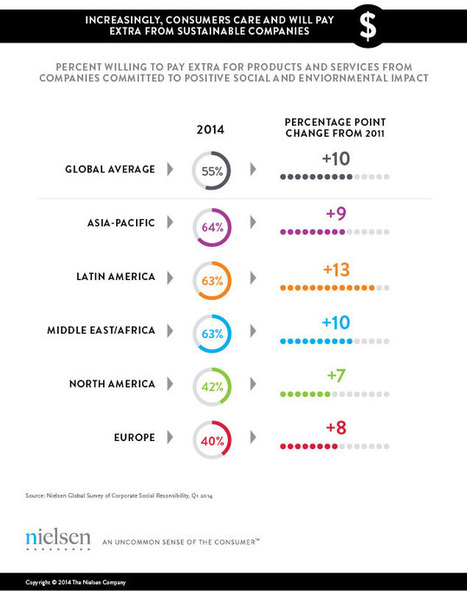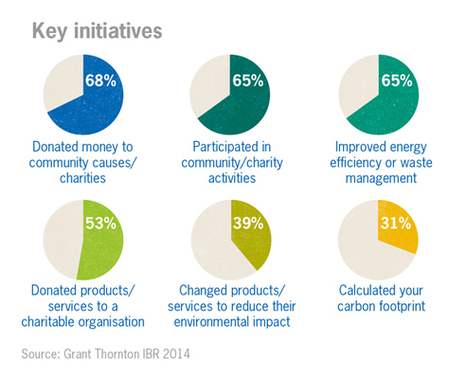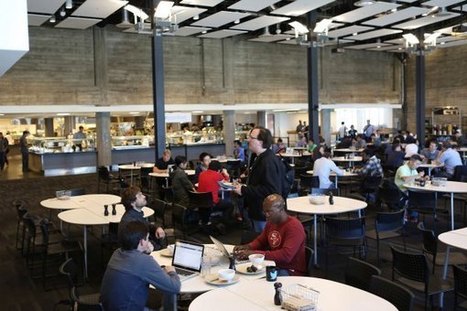Business and NGO leaders debate how new collaborative business models are likely to evolve given the growing prominence of cross-sector convergence as a key priority for Africa.
“Africa is ripe for new partnerships and innovations in the sector”
Some of the fastest growing economies are in Africa, but several challenges still prevail. Too many children aren’t going to school and those schools frequently lack electricity. Malnutrition is still widespread and there is limited access to healthcare.
Business has a role to play in addressing these challenges, but not just under the umbrella of corporate social responsibility (CSR); it may also present a market opportunity.
Speaking at Accenture’s Sustainability 24 webcast, Christèle Delbe, head of sustainability for enterprise at Vodafone Group, said as the market saturates the telecoms company is looking for new ways to add value to its consumers and enterprise customers. Specifically, it is thinking about how mobility can be used in areas like healthcare, agriculture, education, urban development and engaging the supply chain.
For the Cherie Blair Foundation for Women , the focus is on leveraging partnerships between corporations and women entrepreneurs. “Using technology in an effective way to support these women on the ground,” explained Sevi Semavi, the Foundation’s CEO.
Mobile technology can help these women run their small businesses more effectively and efficiently, leading to gains in productivity and revenue. For example, women living in rural areas can track their orders on their mobile phones instead of making the journey to the nearest town. But Semavi emphasizes the importance of understanding the needs of these women. “Some are illiterate,” she said, so the organization needs to gain their trust and understand their motivations.
According to Jessica Long, Managing Director – Accenture Development Partnerships, “Africa is ripe for new partnerships and innovations in the sector.” Accenture, for example, can apply its expertise in a not-for-profit model Long added.
For Vodafone, there is a long journey ahead. “The train has left the station, [but] we haven’t arrived yet,” Delbe admitted. Interestingly, it’s not just about limitations in technology and cost to scale. “It is 20 percent about the technology and 80 percent about change management, leadership and making it happen,” she added.
A lot of the money being spent on impact projects by corporations is CSR related, Semavi admitted, but she said there is a lot of willingness to turn them into market solutions. It will be “profitable on a big scale if we can find the right business model,” she added.
For businesses planning social value initiatives, the panelists agreed that taking time to create the right partnership is key. Long said it’s also important to lay down everyone’s role and define success at the very beginning. Success parameters could range from an increase in women using mobile phones, increased graduation rates or a decrease in childhood deaths.
As a commercial business, Vodafone understands that companies don’t perceive a commercial benefit from being involved. It’s about “understanding what the long-term commercial effect can be,” concluded Delbe.
Watch any of the Accenture Sustainability 24 sessions online now. To see how the conversation played out on Twitter, search for #Sustainability24.
Plus, here's a selection of the best Tweets from the session:
No comment yet.
Sign up to comment






 Your new post is loading...
Your new post is loading...

